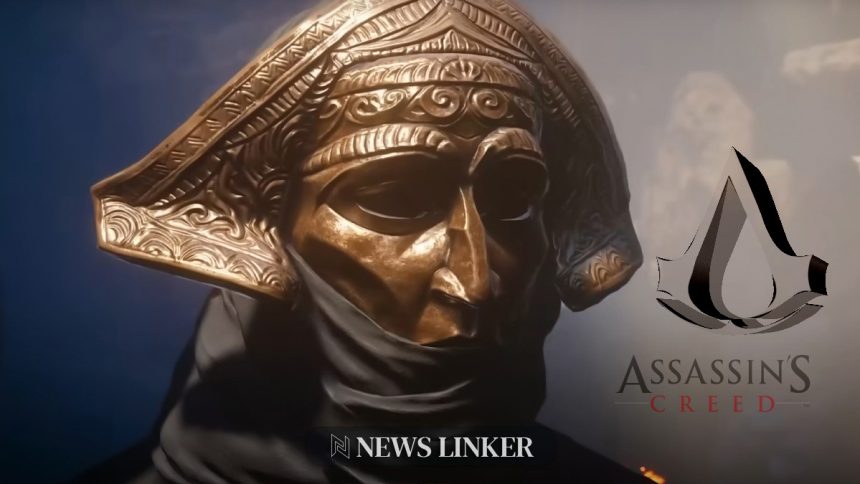Assassin’s Creed Shadows has made a notable impact in the gaming market, securing strong sales on various online platforms. The game not only garnered impressive activation rates on PC but also received a favorable review score of 80 from PC Gamer. Ubisoft’s latest installment blends historical fiction with engaging gameplay, continuing the franchise’s tradition of captivating a diverse audience. The successful launch underscores Ubisoft’s ability to maintain its presence in a competitive industry.
Unlike previous releases where the focus was mainly on gameplay and story, Assassin’s Creed Shadows introduced a significant cultural element by featuring Yasuke, a historical Black samurai. This inclusion sparked discussions online, reminiscent of earlier debates within the gaming community about representation and authenticity in video games. The response to Yasuke’s character mirrored past instances where Ubisoft navigated the challenges of balancing historical accuracy with creative storytelling.
How Did Assassin’s Creed Shadows Perform in the Market?
The game achieved substantial success shortly after its release, becoming the second-biggest launch in the Assassin’s Creed series. Approximately 27 percent of the game’s activations were on PC, highlighting a strong PC gamer community’s support. Critics generally praised the game for its immersive environment and engaging mechanics, contributing to its positive reception. This performance indicates that Assassin’s Creed Shadows resonated well with both longtime fans and new players.
What Backlash Did Ubisoft Face?
The inclusion of Yasuke, a Black samurai, in Assassin’s Creed Shadows ignited a culture war online, with some critics questioning the character’s historical accuracy and the game’s creative direction. This controversy reflects a broader debate within the gaming industry about representation and the portrayal of diverse characters.
“Yasuke’s position in history is a matter of debate and discussion,”
Ubisoft initially responded by acknowledging the differing perspectives on the character’s inclusion. The backlash highlighted the challenges developers face when integrating culturally significant figures into their narratives.
How Did Ubisoft Respond to the Social Media Conflict?
In response to the ongoing criticism, Ubisoft’s CEO Yves Guillemot stated,
“Our goal is not to push any specific agenda,”
attempting to reassure the gaming community of their intentions. Following the game’s release, Ubisoft engaged directly with critics, including a notable exchange with Elon Musk on the platform X. This confrontation resulted in a significant social media engagement, with Assassin’s Creed Shadows’ official account receiving over 440,000 likes in response to Musk’s comments. The interaction demonstrated Ubisoft’s shift from cautious responses to a more assertive online presence.
The culmination of these events suggests that Ubisoft is prioritizing the game’s success over ongoing controversies. With over 440,000 likes on their response, it’s evident that a substantial portion of the audience supports the developers’ creative choices. As the game continues to perform well, Ubisoft’s focus appears to be firmly on delivering quality content rather than addressing every piece of criticism.
Assassin’s Creed Shadows not only stands out for its commercial success but also for navigating complex social dynamics in the gaming community. The inclusion of culturally diverse characters like Yasuke highlights Ubisoft’s commitment to expanding the franchise’s narrative scope. Moving forward, Ubisoft may leverage this experience to better manage similar controversies and continue producing content that appeals to a wide audience.










